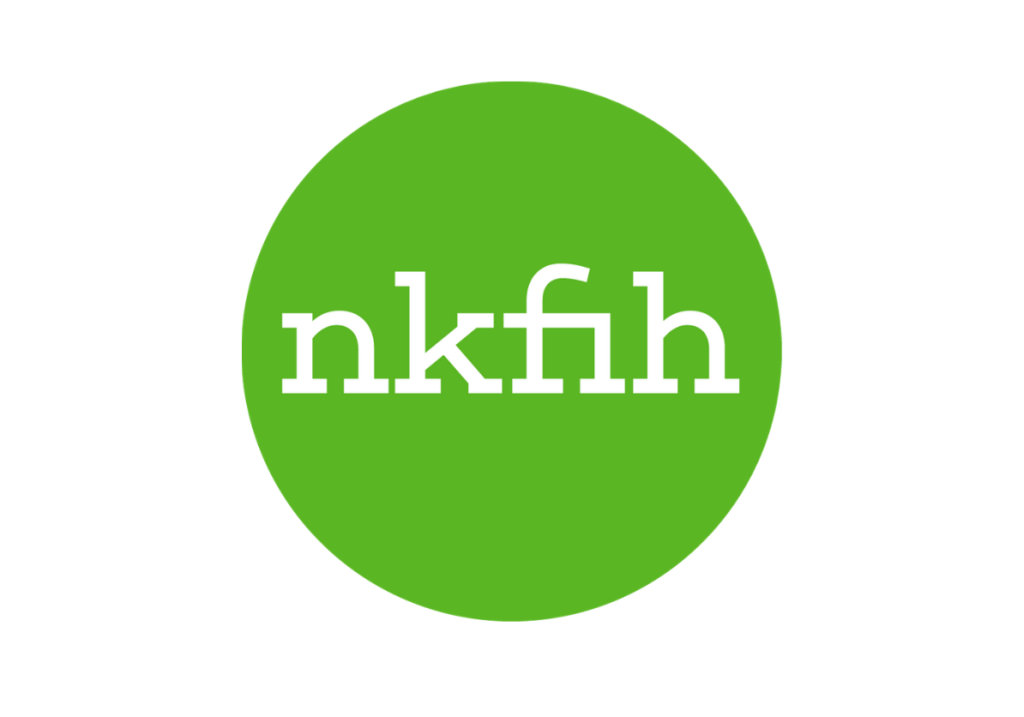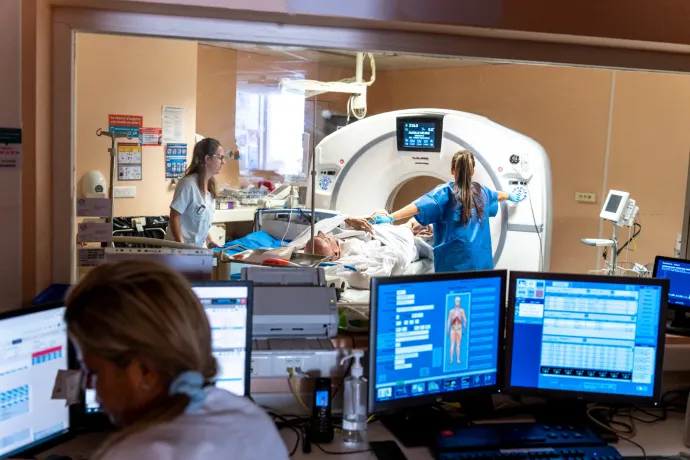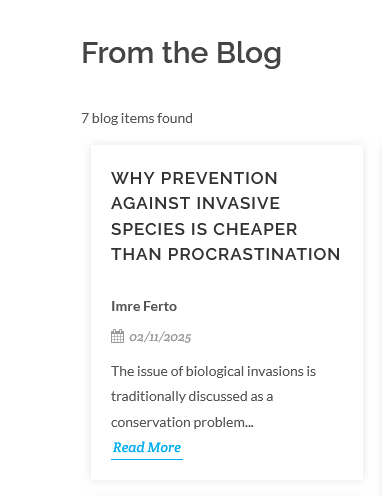Absztrakt:
Political disinformation is dangerous for democracies. Social and government pressure made Facebook and Twitter start labeling posts that contain disinformation. This policy became known as fact-checking. Under which conditions will social media platforms fact-check? I propose a model in which two platforms decide whether to fact-check a politician. One of the platforms is ex-ante more attractive to voters than the other. The politician chooses which platform to use and how often to misrepresent the state of the world if it is bad for her. Fact-checking occurs if the politician has low approval or one of the platforms is highly more attractive than its competitor. Otherwise, neither platform will choose to fact-check. The model’s policy implication is that reducing market power for the dominant social media firm can make fact-checking less likely.









